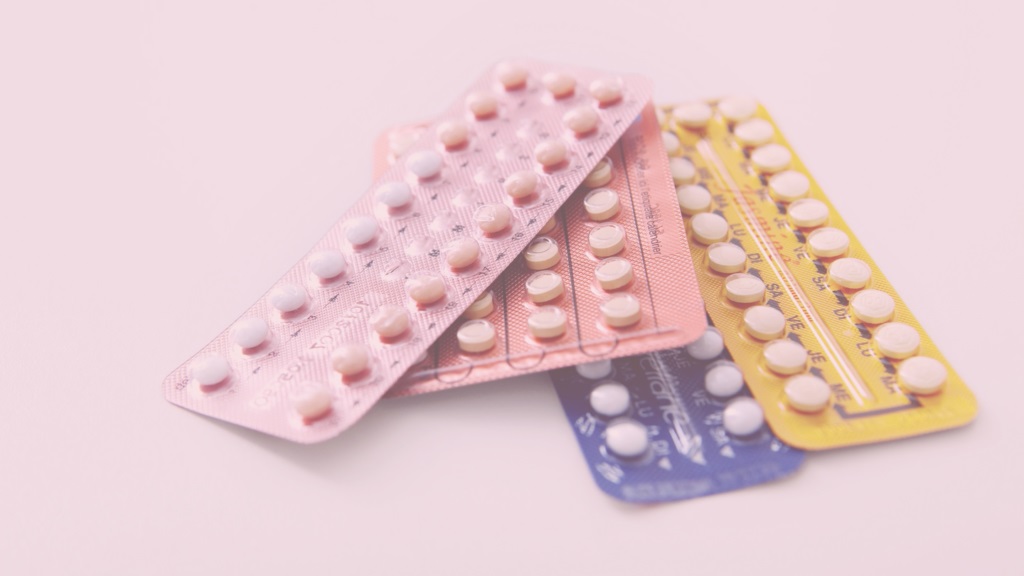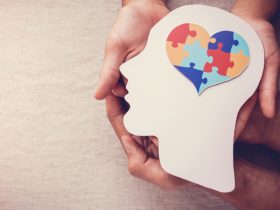Although they may not be directly connected to postpartum substance addiction, the risk factors can raise the possibility. All women should be aware of the warning signs and symptoms of postpartum substance addiction because they are all at risk for it. To stop postpartum substance usage, several tactics can be used. These tactics consist of:
- Establishing a network of relatives and friends that can offer emotional support and practical help during this time.
- Limiting access to alcohol and drugs if possible.
- Adopting healthy lifestyle practices, such as frequent exercise and sufficient sleep.
- Establishing a solid rapport with your healthcare provider.
- If necessary, seek out expert assistance such as therapy or drug misuse treatment.
- Creating coping mechanisms to deal with stress healthily.
Preparing ahead for postpartum care, from establishing sleeping arrangements to engaging relatives and friends as extra pairs of hands around the house, will help to assure your safety and the protection of your newborn and avoid overdose deaths 2020. These methods can add to existing support during this period of adjustment while also lowering the likelihood of postpartum substance abuse.
Strategies For Intervention And Therapy
Because it necessitates treating numerous diseases, substance addiction can make postpartum depression treatment more difficult. In addition to being reluctant to seek therapy, women who battle postpartum depression and substance abuse may also be reluctant to discuss their problems with their doctor. They may be even more reluctant to seek assistance if they are concerned about being accused of endangering their children, particularly if substance use occurred during pregnancy.
There are many possibilities for intervention and treatment if you or someone you know is battling with postpartum substance addiction. They consist of:
- Getting expert assistance from a medical practitioner, such as your OB/GYN, a pediatrician, or a birthing educator.
- Consulting a mental health professional for assistance.
- Using assistance services like 12-Step programs, therapy, counseling, or a drug rehab facility.
- Taking part in support groups that offer guidance and peer support.
- Seeking medical assistance when necessary.






